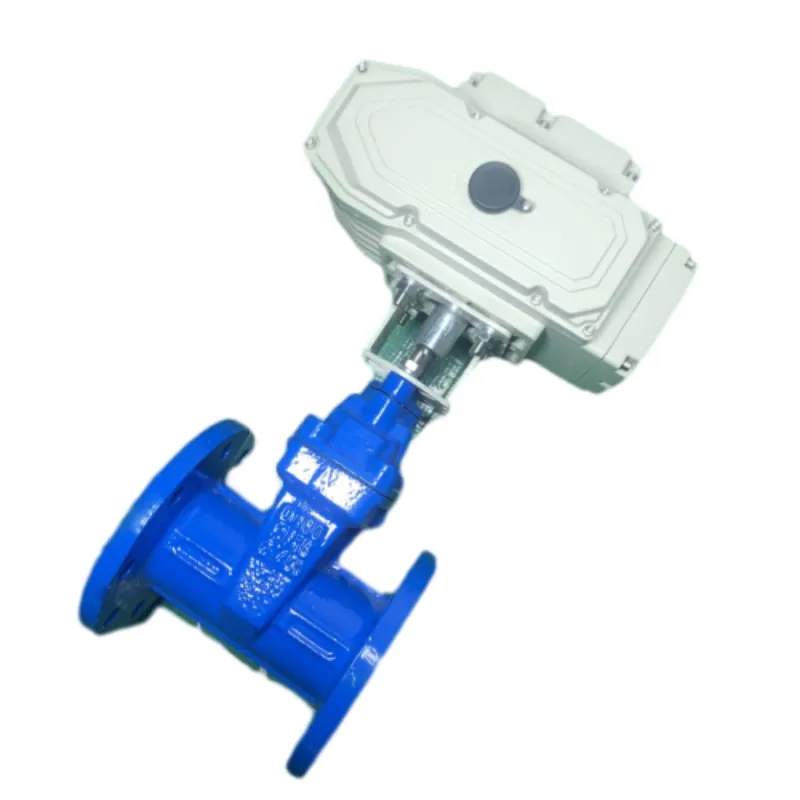Nov. . 20, 2024 16:26 Back to list
water gate valve types
Understanding Water Gate Valve Types A Comprehensive Guide
Water gate valves are essential components in various plumbing and water management systems. They control the flow of water and are critical in applications ranging from residential plumbing to industrial settings. Choosing the right type of gate valve can ensure optimal performance, enhance system efficiency, and prevent leaks or failures. This article will explore the different types of water gate valves, their applications, and critical considerations for choosing the right one.
1. Types of Water Gate Valves
The primary purpose of a gate valve is to start or stop the flow of water. They operate by raising or lowering a gate within the valve body. Here are the most common types of water gate valves
- Wedge Gate Valves These are the most common type of gate valves. They have a wedge-shaped gate that fits tightly into the valve seat, providing a reliable seal when closed. Wedge gate valves are ideal for applications where a full flow of liquid is needed, and they are often used in water treatment, irrigation, and industrial applications.
- Parallel Gate Valves In contrast to wedge gate valves, parallel gate valves have gates that move parallel to the seat. This design minimizes the risk of damage to the gate and provides a more consistent seal over time. They are commonly used in systems where there are variations in pressure and temperature.
- Rising Stem Gate Valves These are designed with a stem that rises along with the gate as the valve opens. This feature allows for easy visual confirmation of the valve’s status (open or closed) and allows for simple operation. Rising stem gate valves are commonly found in larger industrial applications.
- Non-Rising Stem Gate Valves Unlike rising stem valves, non-rising stem valves do not have an external stem that rises with the gate. Instead, the stem remains stationary, making this type advantageous in confined spaces where there isn’t enough room for the stem to rise. Non-rising stem gate valves are often used in underground applications.
2. Applications
The applications of water gate valves are vast and varied. They are commonly used in
- Municipal Water Supply Gate valves are used to control water distribution in municipal systems, enabling operators to isolate segments of the water supply for maintenance or emergencies.
- Irrigation Systems Farmers and agricultural businesses use gate valves to manage water flow in irrigation systems, ensuring efficient water distribution to crops.
water gate valve types

- Industrial Processes Many industrial processes rely on gate valves to control fluid flow in pipelines and manufacturing processes, protecting against leaks and maintaining operational efficiency
.- Fire Protection Systems Gate valves play a crucial role in fire protection systems, allowing firefighters and technicians to control water flow in hoses and sprinklers.
3. Choosing the Right Gate Valve
Selecting the appropriate gate valve for a specific application involves several considerations
- Material Gate valves are made from various materials, including brass, stainless steel, and ductile iron. The choice of material depends on factors like water quality, temperature, and pressure conditions.
- Size The size of the gate valve must match the pipe diameter to ensure a proper fit and optimal flow rates.
- Pressure Rating Ensure the valve is rated for the specific pressure of your system. Choosing a valve with a lower pressure rating than required can lead to failure.
- End Connections Consider the type of connections needed (flanged, threaded, or welded) based on the existing piping system.
- Operating Conditions Assess the environment in which the valve will operate. Factors like temperature, pressure fluctuations, and the potential for corrosion can influence valve performance and longevity.
Conclusion
Water gate valves are vital in various applications, providing control over water flow and ensuring system efficiency. Understanding the different types of gate valves, their unique features, and applications is crucial for selecting the best valve for your needs. By considering factors such as material, size, pressure rating, and operating conditions, you can make informed decisions that improve your plumbing or industrial system’s reliability and performance.
-
Thread Micrometer Set FeaturesNewsJul.04,2025
-
Right Angle Ruler Tool for WoodworkingNewsJul.04,2025
-
Precision Frame Level Calibration StepsNewsJul.04,2025
-
Magnetic Vee Block MaterialsNewsJul.04,2025
-
Heavy Duty Ground Anchors in MiningNewsJul.04,2025
-
Features of Welding Table Cast IronNewsJul.04,2025
Related PRODUCTS









